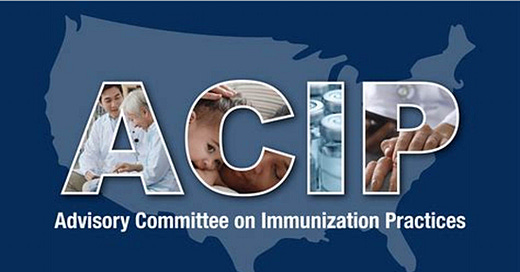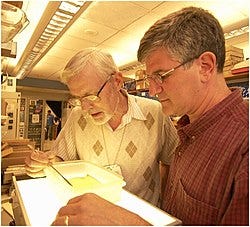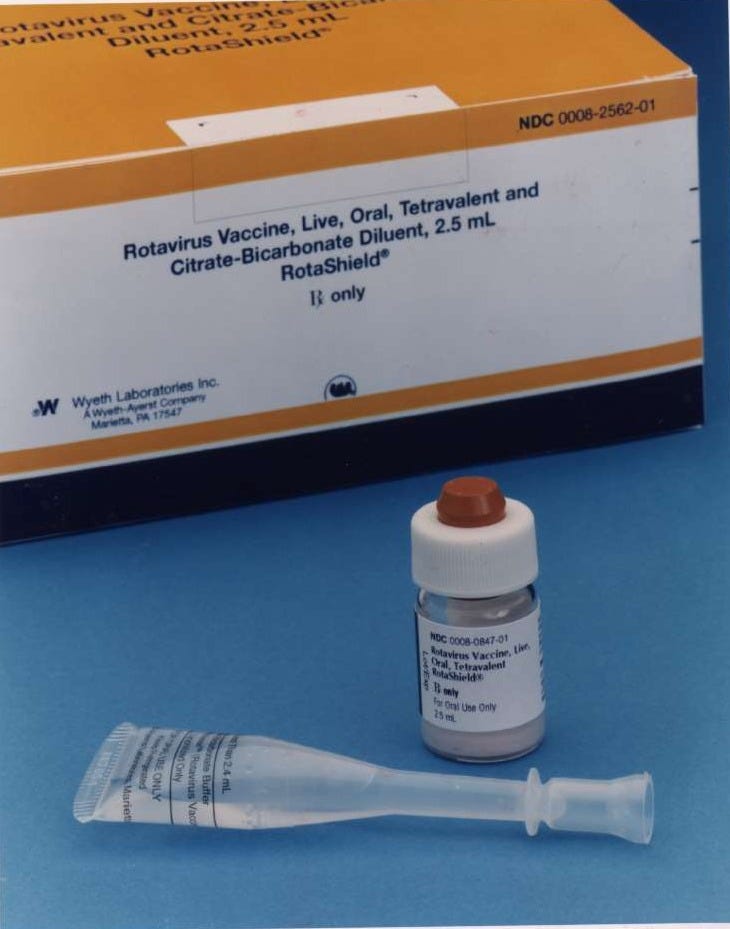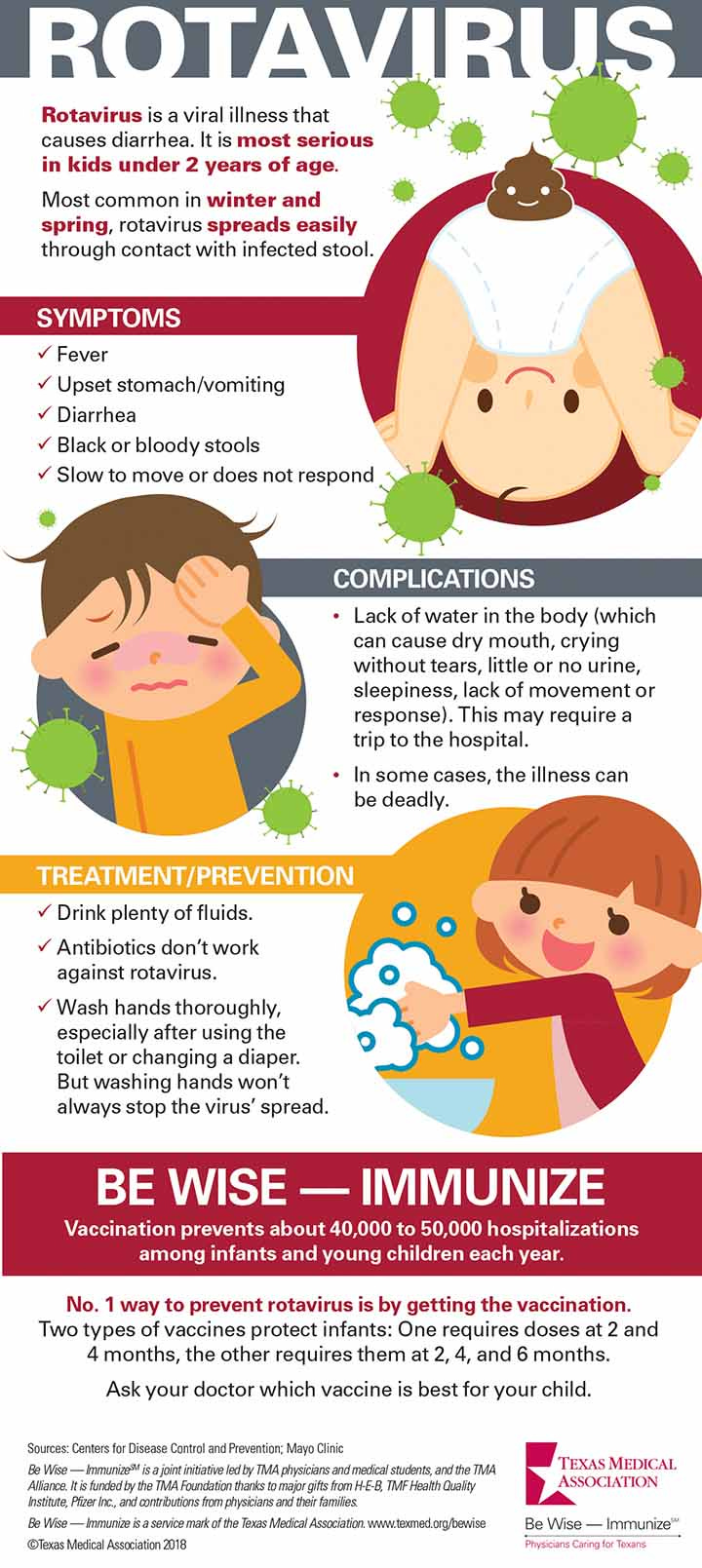Public Health Can't Afford Conflicted Decision-Makers at ACIP
Former ACIP Member Profited from Vote to Add His Patented Vaccine to Childhood Schedule
RFK Jr. Fired all 17 members of the CDC’s Advisory Committee on Immunization Practices (ACIP)
Late last week, the U.S. Department of Health and Human Services (HHS) announced the dismissal of all 17 members of the Advisory Committee on Immunization Practices (ACIP), the body responsible for issuing federal recommendations on vaccine use in the United States.
The ACIP panel, formally housed within the Centers for Disease Control and Prevention (CDC), plays a central role in shaping national vaccine policy. Its recommendations influence state-level immunization mandates, school entry requirements, and reimbursement practices across Medicaid and private insurance programs.
Robert F Kennedy Jr. cited members conflicts of interest in shaping vaccine policy as the reason behind the decision. He calls the action a “total overhaul to rebuild trust in vaccine science.”
“Today we are prioritizing the restoration of public trust above any specific pro- or anti-vaccine agenda,” Kennedy said. “The public must know that unbiased science—evaluated through a transparent process and insulated from conflicts of interest—guides the recommendations of our health agencies.”
Committee Members Have Ties to Pharmaceutical Companies
It is well known that several ACIP members had received consulting fees, research funding, or speaking honoraria from the very companies whose products they were tasked with evaluating.
One well known former member of the ACIP, Dr. Paul A. Offit, is the world’s number one vaccine pundit. Paul Offit served as a member of the Advisory Committee on Immunization Practices (ACIP) from 1998 to 2003.
Offit is basically Mr. Vaccine. Dr. Paul Offit, a renowned expert in vaccine development and safety, has faced criticism regarding his financial relationships with pharmaceutical companies, particularly Merck. Dr. Offit holds a $1.5 million dollar research chair at Children's Hospital, the Hilleman Chair in Vaccinology, which is funded by Merck. This means Merck provides a significant portion of his salary, raising questions about potential biases in his recommendations. He has also received grants to develop vaccines, leading to accusations of conflicts of interest, especially regarding his involvement in advisory panels that recommended the use of vaccines where he had financial stakes.
Offit is the co-inventor of the rotavirus vaccine, RotaTeq, recommended for universal use in infants by the CDC. Along with his colleagues Fred Clark and Stanley Plotkin, Offit invented RotaTeq, a pentavalent rotavirus vaccine manufactured by Merck & Co. Shortly after Offit’s term on ACIP began , there were several additional votes involved in establishing the rotavirus vaccine market and Offit voted yes in every case. Since 2006, RotaTeq has been one of two vaccines currently used against rotavirus.
Dr. Paul Offit on the right with H. Fred Clark two of the three inventors of the rotavirus vaccine RotaTeq
In 2008, royalties for the vaccine were sold for $182 million cash. Dr. Paul Offit of the Children’s Hospital of Philadelphia (CHOP) took home a fortune of at least $29 million to as much as $55 million, as part of a $182 million sale by CHOP of its worldwide royalty interest in the Merck RotaTeq vaccine to Royalty Pharma in April 2008.
There is nothing improper about receiving compensation for a patented innovation; but the extraordinary valuation placed on CHOP’s patents raises concerns over Offit’s use of his former position on the CDC’s Advisory Committee on Immunization Practices to help create the market for rotavirus vaccine -- to effectively vote himself rich.
Rotavirus Vaccine Initially Withdrawn due to Serious Adverse Events
The first rotavirus vaccine, RotaShield, was licensed in the United States in 1998. However, it was withdrawn from the market in 1999 due to concerns about an increased risk of intussusception, a bowel obstruction where part of the intestine telescopes into the adjacent section. Investigations showed that RotaShield increased the risk of intussusception 20 to 30 times over the expected risk within 2 weeks following the first dose of the vaccine. This was estimated to be about 1 in 10,000 to 1 in 30,000 children.
Two newer rotavirus vaccines, Rotarix and RotaTeq (Offit’s vaccine), were licensed in the United States in 2006 and 2008, respectively. Licensed rotavirus vaccines continue to be used despite studies showing an increased risk of intussusception (a type of bowel blockage) following vaccination. The current rotavirus vaccines, RotaTeq and Rotarix, are thought to have a much lower risk of intussusception, estimated to be about 1 in 100,000 children.
Not only did RotaShield’s withdrawal give Rotateq an opportunity to gain 100% of the rotavirus vaccine market Offit had voted to create (until April 2008, when GlaxoSmithKline’s Rotarix vaccine was approved, Merck held a monopoly on the rotavirus vaccine market), but the absence of competition enabled Merck to charge a premium price for its vaccine, significantly more than Wyeth had charged for RotaShield.
Risks v. Benefits of the RotaTeq Rotavirus Vaccine
Rotavirus Infection is Very Common in Children
First identified as cause of diarrhea in 1973, rotaviruses are the most common cause of diarrheal disease among infants and young children that is generally mild. Nearly every child in the world is infected with a rotavirus at least once by the age of five.
Rotavirus infection can cause fever, vomiting, and diarrhea that can be severe and can lead to loss of body fluids (dehydration), hospitalization, and even death in some children. Gastrointestinal symptoms generally resolve in 3 to 7 days.
Although rotavirus infections are unpleasant, you can usually treat this infection at home with extra fluids to prevent dehydration. Other than hydration, there is no specific medicine to treat rotavirus infection. Good hygiene like handwashing and cleanliness are important to control the spread of the disease.
Each year, among infants and young children, the disease leads to:
more than 400,000 doctor visits
more than 200,000 emergency room visits
55,000 to 70,000 hospitalizations
20 to 60 deaths
Adverse Events and Severe Adverse Events Associated with RotaTeq
RotaTeq is a live, oral vaccine used to help prevent rotavirus infection caused by types G1, G2, G3, G4, and G9 in children. RotaTeq vaccine contains five live, attenuated rotavirus strains (G1, G2, G3, G4, P1A) which are all derived from a parental bovine rotavirus strain and contain a gene from rotaviruses of human origin and several non-medicinal ingredients. These include sucrose (stabilizer), sodium citrate (buffering agent), sodium phosphate monobasic monohydrate (buffering agent), sodium hydroxide (buffering agent), polysorbate 80 (surfactant that helps to stabilize the vaccine), cell culture media, and trace amounts of fetal bovine serum.
The vaccine is free of preservatives and thimerosal.
ADMINISTRATION
RotaTeq is not a shot; the vaccine is given by mouth. Children receive three doses of the vaccine orally. The first dose is given when a child is 6 to 12 weeks of age, the second dose is given 4 to 10 weeks later, and the third dose is given 4 to 10 weeks after the second dose. The last (third) dose should be given to children by 32 weeks of age.
**RotaTeq may not fully protect all children that get the vaccine, and if your child already has the virus, it will not help them.**
Because this is a live virus vaccine, vaccine virus transmission from vaccine recipient to nonvaccinated contacts has been reported.
A relationship between antibody responses to RotaTeq and protection against rotavirus gastroenteritis has not been established.
Clinical Trials Revealed Potentials Risks of RotaTeq
71,725 infants were evaluated in three placebo-controlled clinical trials including 36,165 infants in the group that received RotaTeq and 35,560 infants in the group that received placebo. Parents/guardians were contacted on days 7, 14, and 42 after each dose regarding intussusception and any other serious adverse events.
The most common side effects reported after taking RotaTeq were diarrhea, vomiting, fever, runny nose and sore throat, wheezing or coughing, and ear infection. (Note: these are the same symptoms associated with the illness.)
Other reported side effects include: pneumonia, urinary tract infection, allergic reactions, which may be severe and may include face and mouth swelling, difficulty breathing, wheezing, hives, and/or skin rash; and Kawasaki disease (a serious condition that can affect the heart, symptoms may include fever, rash, red eyes, red mouth, swollen glands, swollen hands and feet, and if untreated, can be life threatening). Kawasaki disease was reported in 5 vaccine recipients and in 1 placebo recipient.
Seizures were reported as serious adverse experiences occurred in <0.1% (27/36,150) of vaccine and <0.1% (18/35,536) of placebo recipients.
According to clinical studies, 52 deaths were reported. There were 25 deaths in the RotaTeq recipients compared to 27 deaths in the placebo recipients. The most commonly reported cause of death was sudden infant death syndrome, which was observed in 8 recipients of RotaTeq and 9 placebo recipients.
Intussusception occurred days and sometimes weeks after vaccination
34,837 vaccine recipients and 34,788 placebo recipients were monitored by active surveillance to identify potential cases of intussusception. For the primary safety outcome, cases of intussusception occurring within 42 days of any dose, there were 6 cases among RotaTeq recipients and 5 cases among placebo recipients. All of the children who developed intussusception recovered without sequelae with the exception of a 9-month-old male who developed intussusception 98 days after dose 3 and died of post-operative sepsis.
Since FDA approval, reports of infants with intussusception following RotaTeq have been received by the Vaccine Adverse Event Reporting System (VAERS). Some infants needed hospitalization, surgery on their intestines, or a special enema to treat this problem. Death due to intussusception has occurred. A study conducted after approval of RotaTeq showed an increased risk of intussusception in the 21 days after the first dose of RotaTeq, but especially in the first seven days.
Conclusion:
Rotavirus is the leading cause of diarrheal illness in children, typically resulting in a mild condition that resolves on its own with supportive care, particularly proper hydration. While rotavirus infections are generally self-limiting, the currently approved rotavirus vaccines carry several notable risks. These include adverse reactions similar to those caused by natural infection, the potential for shedding and transmission of the live vaccine virus to others, and most significantly, an increased risk of intussusception—a serious bowel obstruction that led to the withdrawal of earlier versions of the vaccine from the market.
Given these known risks, it raises serious ethical concerns that a voting member of the Advisory Committee on Immunization Practices (ACIP) supported the continued inclusion of the rotavirus vaccine on the childhood immunization schedule despite having a clear conflict of interest.
Public health decisions must be held to the highest ethical standards, especially when they affect millions of children and families. Imagine a system where those entrusted with protecting public health are also profiting from the very decisions they make. This isn’t hypothetical—when ACIP members hold patents or receive payments from pharmaceutical companies whose products they vote to include in the childhood vaccine schedule, the line between science and self-interest becomes dangerously blurred.
To ensure that public health recommendations are grounded in science and free from undue influence, it is imperative that members of the Advisory Committee on Immunization Practices (ACIP) who have significant financial relationships with pharmaceutical companies—particularly those manufacturing the products being considered for inclusion in national immunization schedules—be removed or recused from related decisions. Removing or recusing such members isn’t a political gesture—it’s a necessary step toward restoring the integrity of vaccine policy. Objective, transparent decision-making must be the foundation of public health—not conflicted loyalties or hidden agendas.








Before we even left the pediatrician's office my daughter puked her rotovirus oral vaccine all over the hallway about 15m after she received it (this was about 14y ago). I asked the nurse "what do we do?" She said it will be alright. Ha. The memory of my toddler ejecting the rotovirus vaccine is kind of an appropriate meme for how we need to expel these grifters from ACIP.